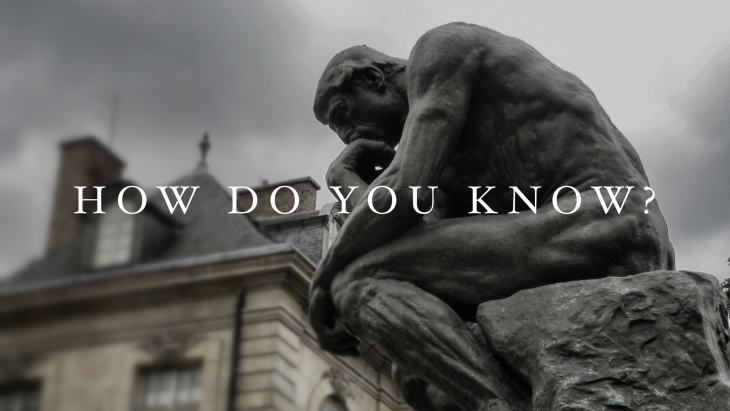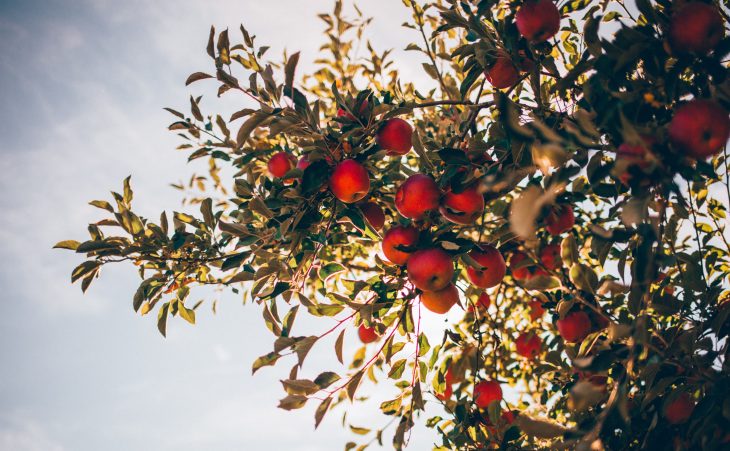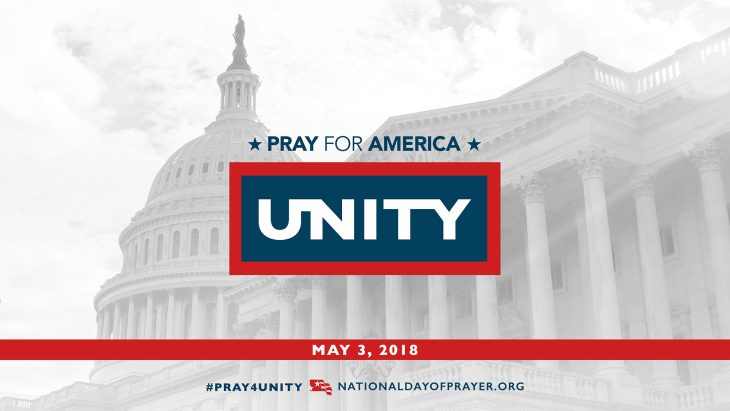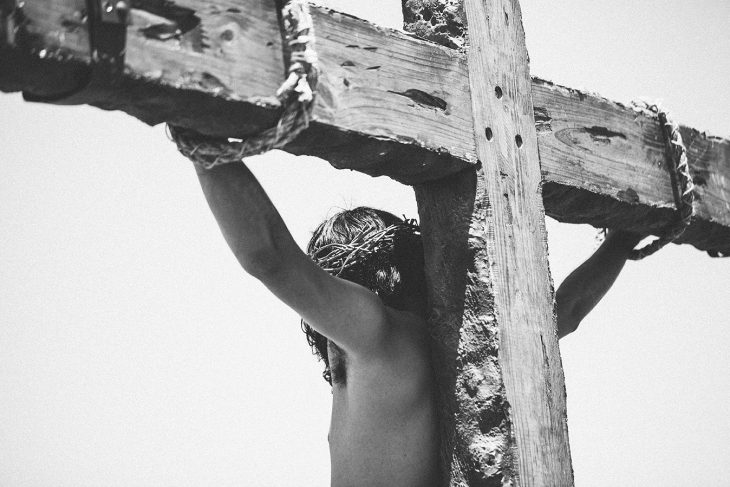“Tradition,” Elbert Hubbard once said, “is a clock that tells you what time it was.” Of course, there’s no better time than Christmas and the holidays to remember years gone by. All of the traditions we carry from childhood – the sights, the tastes, the smells – bring back vividly those wonderful reminiscences we carry with us.
But tradition can be a double-edged sword. It doesn’t take an insightful social critic or an Old Testament prophet to see that the wonderful traditions associated with the holidays in America have morphed over the years…that our Christmas celebrations now revolve around commerce, family, community, or tradition itself…anything but Christ. If you don’t believe me, try to find a sign that reads “Merry Christmas” rather than “Happy Holiday.”
On the other hand, we can make too much of tradition. In Israel’s history the great reformer, King Hezekiah, took the throne and started cleaning house. He removed every vestige of pagan religion he could find, destroying every idol in the land (2 Kings 18). One of the idols he uncovered was Moses’ bronze serpent (Numbers 21).
God had performed a great miracle for the Israelites with that statue at the hands of Moses, but fast forward 800 years and the statuette had become the object of their worship. I’m sure it was never intended to be. Years before, some well-meaning soul probably said, “We need to keep this snake so we’ll always remember what God did for us in the desert.” And they did preserve it – for generations.
But over time, the statue became more important than the history it represented. The meaning of the bronze snake, the miracle of what God did for the Hebrews, was forgotten with the passage of years.
Does that sound eerily like Christmas in America?
We’ve got some great traditions handed down to us at Christmas: lights, trees, gifts, stars, angels…they are an important part of our celebration of the holidays. But there’s a flip side of the tradition coin – when tradition takes over.
Tradition, by definition is the transmission of customs or beliefs from one generation to another. But when the transmission begins to take precedence over the belief, it becomes dangerous. This was Jesus’ major hang-up with the Pharisees. Their desire to keep a firm grip on tradition outweighed the intent behind the traditions. Jesus told them: “Isaiah was right when he prophesied about you hypocrites; as it is written: “‘These people honor me with their lips, but their hearts are far from me. They worship me in vain; their teachings are but rules taught by men.’ You have let go of the commands of God and are holding on to the traditions of men…. You have a fine way of setting aside the commands of God in order to observe your own traditions! (Mark 7:6-9)!”
As the old saying goes: “Tradition is a guide, not a jailer.” Ironically, if we’re not careful this Christmas, the wonderful meaning of this holiday (holy day) can get lost in the traditions we have preserved to remember it.
Tradition is not a bad thing. When you read the Bible, you’ll see that there were many traditions God instituted himself. For instance, it was God who prescribed that the Jews eat a Passover meal every year to commemorate what he did for them in Egypt. But the annual tradition of eating the Passover meal is not what is important to God – remembering God’s salvation every year is.
So God places a premium on understanding and explaining tradition. According to Exodus 12:24-27: “Obey these instructions as a lasting ordinance for you and your descendants. When you enter the land that the Lord will give you as he promised, observe this ceremony. And when your children ask you, ‘What does this ceremony mean to you?’ then tell them, ‘It is the Passover sacrifice to the Lord, who passed over the houses of the Israelites in Egypt and spared our homes when he struck down the Egyptians.’”
It is great to have holiday traditions in your home, but make sure they come with explanations and meaning:
- Christmas is about the birth and incarnation of the Lord Jesus.
- The lights of Christmas remind us of the life that was the light of men that shone in the darkness.
- The gifts of Christmas remind us of gift of salvation he brought us.
- The decorations of Christmas remind us of the way God decorates our lives with spiritual fruit and gifts.
- The Christmas star reminds us of God’s daily guidance.
- The Christmas angels remind us of God’s protection.
- The Christmas tree reminds us of the tree upon which he would one day be nailed.
- The fact that it’s evergreen reminds us of the eternal life he brings.
In Christmas we have a wonderful holiday, passed down with beautiful decorations, traditions, and memories. Yet, over time, the genesis of this celebration has been lost to us. We have tradition without meaning. We find ourselves worshiping Christmas rather than the one who brought it to us.
My prayer for you this Christmas season is that you enjoy this beautiful holiday to its fullest and in your observance discover God’s deep meaning in your worship of him.













 RSS - Posts
RSS - Posts